The Texas Education Agency’s (TEA) Texas Essential Knowledge and Skills (TEKS) Guide defines phenomena (the plural of phenomenon) as naturally occurring, detectable events observable through the senses.
Do you know how many times phenomena are mentioned in the Science TEKS? These grade bands mention phenomena multiple times.
- Kindergarten through Grade 5: 9 times
- Grade 6 through Grade 8: 10 times
- Biology: 7 times
Kindergarten Through Grade 5 Examples of Phenomena in the Science TEKS
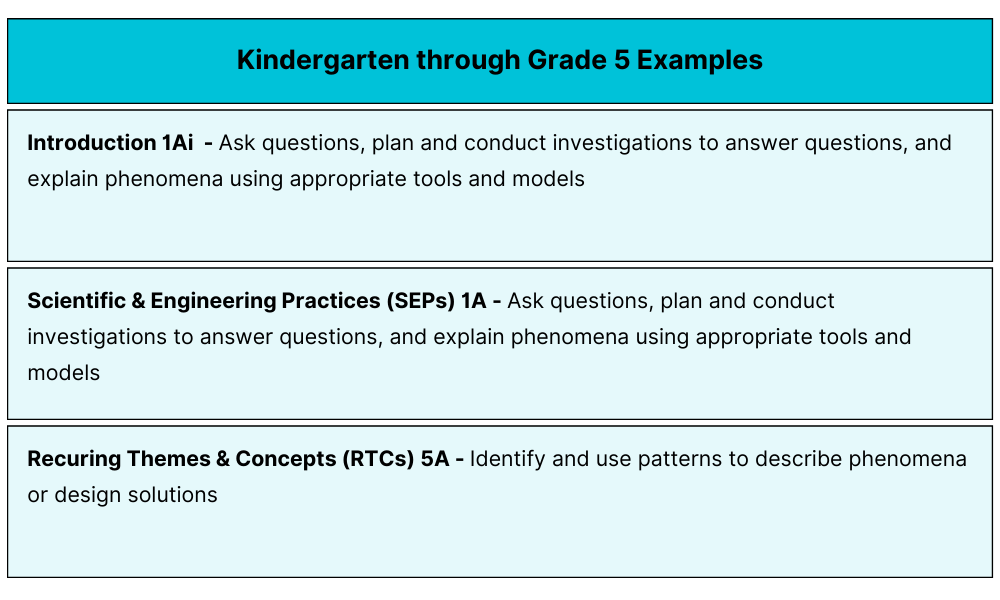
Grade 6 through Grade 8 Examples of Phenomena in the Science TEKS
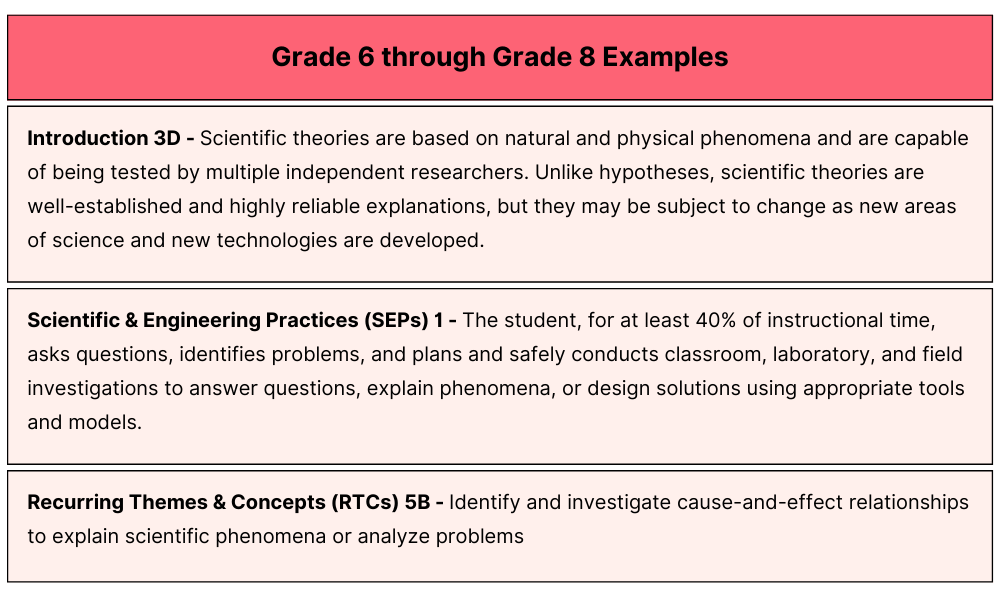
Biology Examples of Phenomena in the Science TEKS
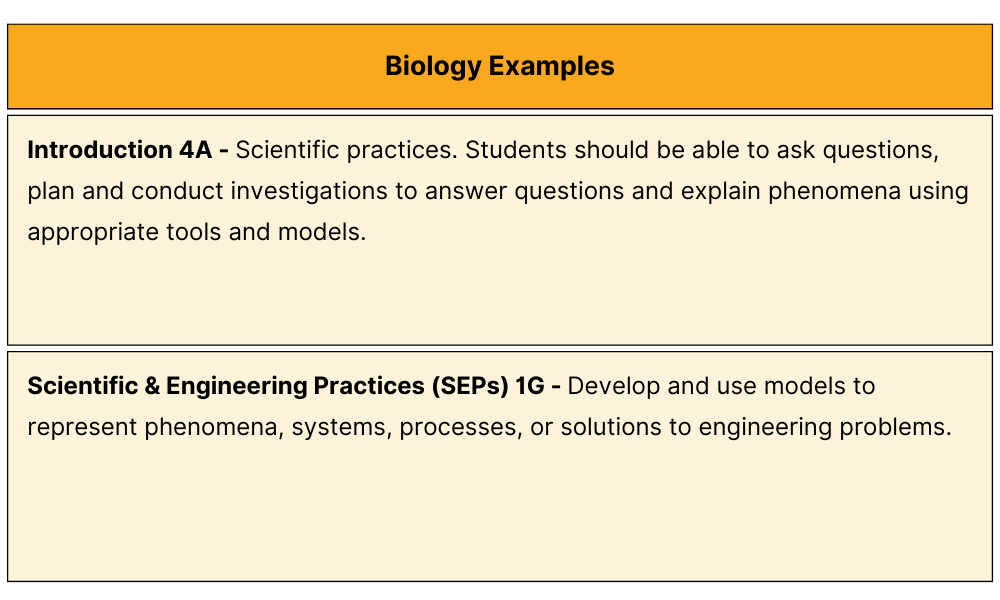
Why Phenomena?
From the examples above, students must be able to explain, ask questions, define problems, and describe and represent phenomena. So why are phenomena in the Science TEKS such a big deal?
As Activate Learning (2023) states, “By engaging with real-world phenomena and complex problems, students can develop a deeper understanding of science and engineering concepts and learn to apply them in new and meaningful ways.” (What is phenomena-based learning in STEM?)
Types of Phenomena
Phenomena can be anchoring, investigative, or everyday.
- Anchoring phenomena are phenomena that kick off a unit or scientific investigation.
- Example: If I were starting a unit on the physical properties of matter with a focus on states of matter, I might show them a short video of icebergs in Greenland and have them capture what they notice and wonder.
- Investigative phenomena often follow anchoring phenomena, where students test out some of their initial questions and make observations.
- Example: Perhaps one of the questions posed by the iceberg video is whether an iceberg can float the same in salt and non-salt water. Students then plan, conduct an investigation, and gather data.
- Everyday phenomena occur in our daily lives and can be explained through science.
- Example: Types of weather, reflection of light, and volcanic eruptions are everyday phenomena.
Providing opportunities for students to engage in these phenomena reinforces skills in observing, questioning, conducting investigations, and making connections.
Ways to Get Students Working with Phenomena
Sometimes, phenomena occur in our daily lives and spark a conversation, like everyday phenomena. When it comes to anchoring and investigating phenomena, creating a plan and setting aside dedicated time can significantly enhance their impact on student understanding.
To support you with planning, ESC Region 13 has a free downloadable document to help you with the planning process.
Click on the Phenomena Checklist & Planning Document and start planning for phenomena now.

Phenomena Resources
There are some websites that our science specialists go to foster our work with phenomena. We recommend these as some great go-to resources!
- The Wonder of Science Resources by Paul Anderson
- Phenomena for NGSS (Next Generation Science Standards) – Creating the Next Generation of Student Engagement
Conclusion
The ESC Region 13 Science team offers continuing opportunities to explore the new Science TEKS more deeply with self-paced, online Canvas courses.
Visit our workshop catalog for the most up-to-date workshops. Bookmark the Region 13 Science webpage and subscribe to the monthly Science newsletter. Explore our diverse range of blog articles on the new Science TEKS for in-depth insights and information. This is a great place to see the latest resources, offerings, news, and developments in the Science world.

Carolyn Beardsley
Carolyn Beardsley is the Elementary Science Instructional Coach at ESC Region 13.

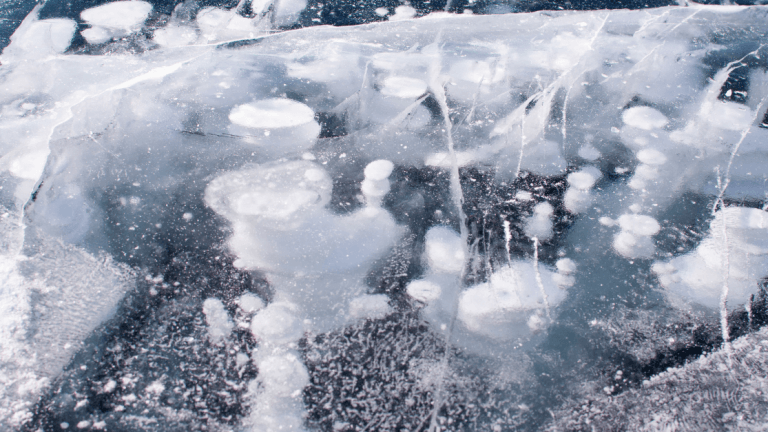


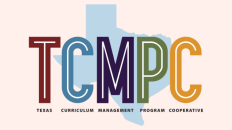
Add comment